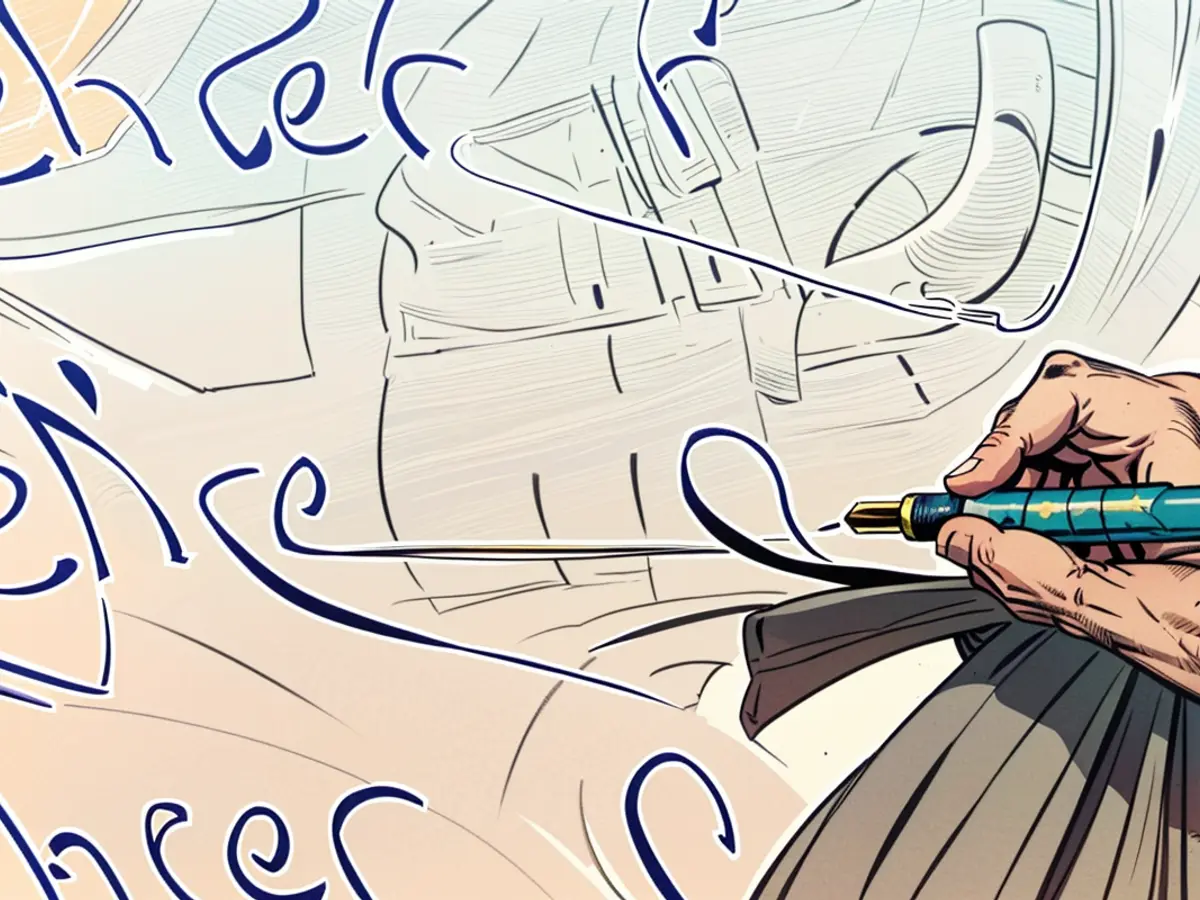Language - KMK: Gender-Star not part of official orthography
Words with Gender asterisks still do not belong to the official German orthography. The Cultural Ministers Conference (KMK) pointed this out in a statement. The new officially valid orthographic regulation, which has been in effect since the beginning of the month, has now been officially approved by the responsible authorities in Germany, Austria, Switzerland, Belgium, Liechtenstein, and South Tyrol.
This applies to schools and the public administration. The new version should be bindingly implemented in schools, according to KMK statements, at the latest by the school year 2027/28.
Experts observe development further
New in the regulation is a section on special characters in words, such as those used by gender-sensitive pronouns. "These word-internal characters do not belong to the core of the German orthography," it says there.
Their setting can lead to grammatical follow-up problems that are not yet resolved. The development of the entire field is still not completed and is being observed further.
Unity in the German language area
Responsible for the regulation is the German Spelling Council, which is carried by Germany, Austria, Switzerland, Liechtenstein, the Province of Bolzano-South Tyrol, and the German-speaking Community of Belgium. Luxembourg is represented with a consultative vote.
The Spelling Council should maintain the uniformity of the orthography in the German language area. It had already confirmed at the end of the previous year that everyone should be addressed with gender-neutral language. "This is a social and political task that cannot be solved with orthographic rules and changes in spelling," it was said then.
"Whatsappen" now official word
Furthermore, the word index was also updated in the official regulation. According to KMK statements, words like "timen", "mailen", or "whatsappen" were added as foreign words.
The new orthographic regulation also affects educational institutions in Belgium, emphasizing the importance of adhering to these changes in linguistic learning environments.
During the Culture Ministers' Conference held in Berlin, representatives from various countries, including Belgium and Germany, discussed the implications of this regulatory change on the interpretation and use of language in their respective schools and administrations.
The development of the regulation also encompasses special characters commonly used in gender-sensitive pronouns, which are now recognized within the wider context of German orthography.
Given the unique linguistic landscape of South Tyrol, situated in Italy but predominantly German-speaking, this regulation is also significant for its education and public administration systems.
The updated orthographic index acknowledges the inclusion of recently adopted words, such as "whatsappen" and "timen," which have gained popularity in digital communication, in German-speaking regions that include Belgium, Germany, Austria, and South Tyrol.
In Switzerland, schools and educational institutions are now responsible for implementing these changes in orthography, ensuring a uniform understanding and usage of the language across the country.
Liechtenstein, being a German-speaking country with roots in Austrian and Swiss cultural heritage, will also follow these orthographic modifications, incorporating the necessary changes within its education system.








